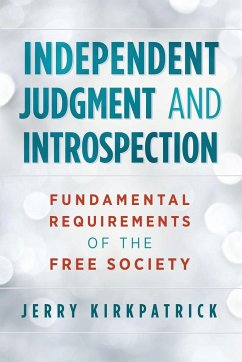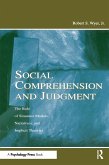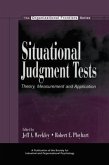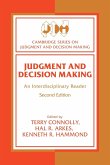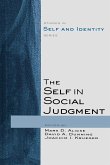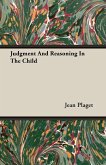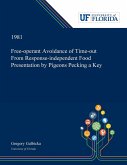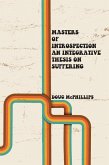Why don't the adults in the story of "The Emperor's New Clothes" support the boy who commented on the emperor's decidedly missing wardrobe? Why don't more people practice the independent judgment of that boy? The answer is fear, real or imagined, of what might happen to them. More often than not, our fears of expressing independent judgment stem from what others might think of us. Disapproval, maybe rejection, is the worst that might happen, yet the anxiety caused by self-doubt can be so strong as to blur our perception of the facts, thus preventing any expression of an independent judgment. When choices based on self-doubt build up over time, habits of perceiving reality through clouded lenses become established patterns of behavior. Seeing the world through the eyes of others, whomever those significant others may be, becomes the norm. Conventionality is the result. Independent judgment is a fundamental requirement of the free society. Unless each adult citizen possesses a significant amount of self-esteem expressed as independent judgment, such a society cannot last. This raises an additional question: What kind of psychology is required for the survival of free societies? The author answers: one that correctly identifies reality-the world external to our minds, as well as our minds' internal contents and processes-to guide our choices and actions to live happy, healthy lives. Free, unhampered market societies require citizens who possess an unhampered consciousness, that is, citizens who possess and practice a strong commitment to facts, expressed as independent judgment and independent action. To ensure that we develop and maintain an independent personality, and therefore will support a free society, we must learn the skill of introspection to identify and correct, or preferably prevent, mistaken thinking. Flawed conclusions about life's events cause anxiety, thwarting and constricting our lives, often leading to dependence and unhappiness, which also often means a diminished likelihood of valuing or accepting individual freedom. The virtues of psychological independence are integrity, courage, and a refusal blindly to obey authority. This book concludes that psychological independence and its monitoring skill, introspection, are indispensable prerequisites of the free society. Independent Judgment and Introspection is based on the philosophy of Ayn Rand, the psychology of Nathaniel Branden, and especially the psychology of Edith Packer. Packer's concepts of core evaluation and introspection heavily influence this work. Silver winner, psychology, Benjamin Franklin Awards, Independent Book Publishers Association
Hinweis: Dieser Artikel kann nur an eine deutsche Lieferadresse ausgeliefert werden.
Hinweis: Dieser Artikel kann nur an eine deutsche Lieferadresse ausgeliefert werden.

